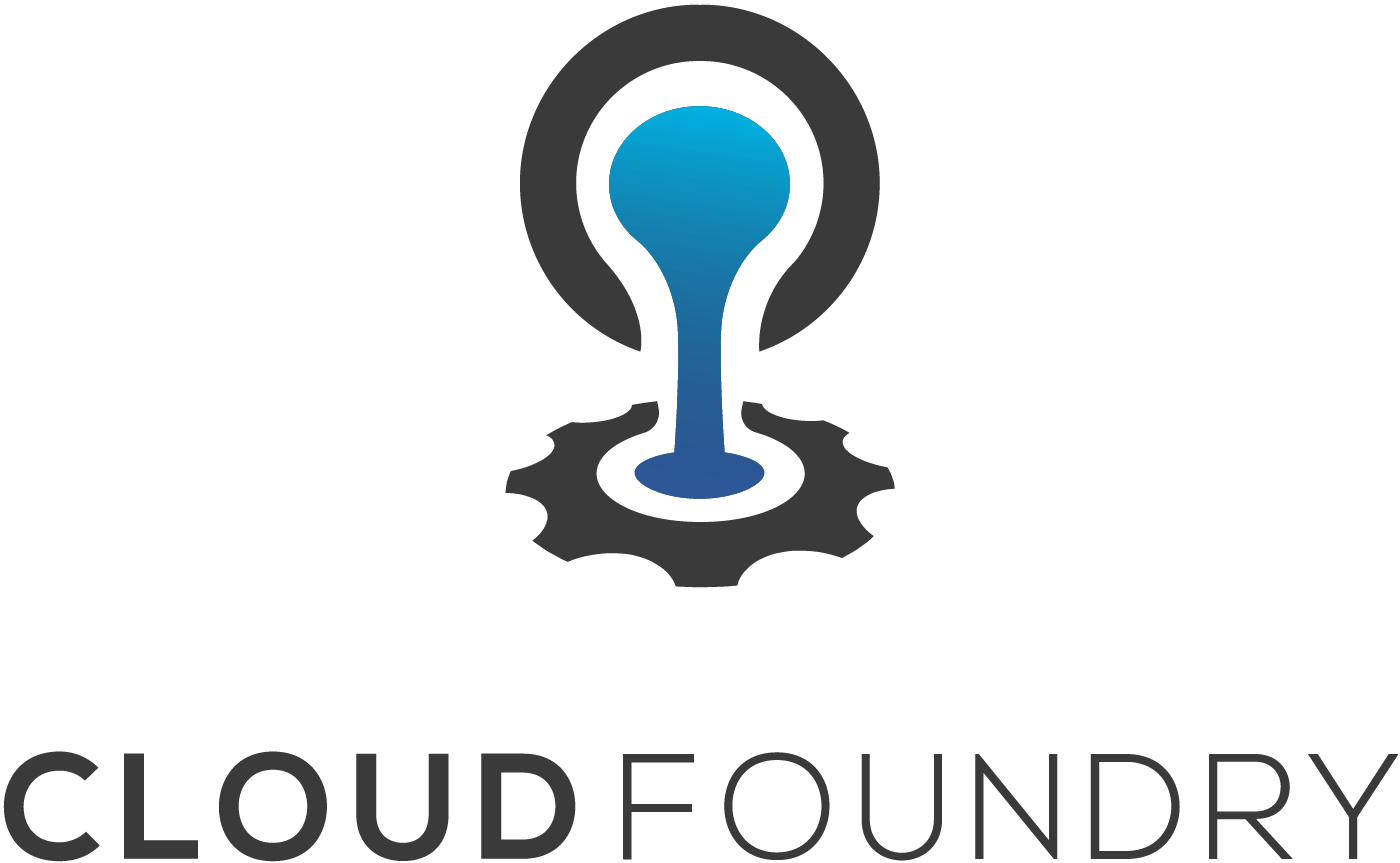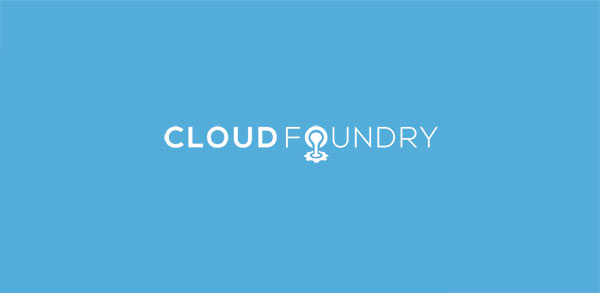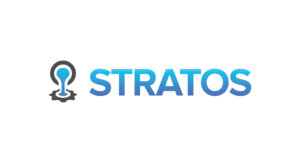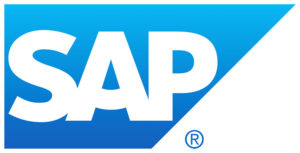This post is part of a series of sponsored posts written leading up to Cloud Foundry Day EU 2024, submitted by the STACKIT team at www.stackit.de/en.
In today’s fast-paced world of technology, the ability to quickly develop, deploy and scale applications is critical to success. This is where Cloud Foundry comes in. As an open-source Platform as a Service (PaaS), Cloud Foundry simplifies the deployment and management of applications in the cloud, regardless of the underlying infrastructure. In other words: More automation and less manual work. And in consequence: High-speed development and deployment.
In this blog post, we want to explore the world of Cloud Foundry and explain how it can help developers and businesses overcome the challenges of modern application development. To do so, we will discuss it from our unique point of view. As the preferred cloud provider for the companies of the Schwarz Group, we provide infrastructure, platforms, and software as a Service for Lidl and Kaufland, international leaders in the retail industry, forming the pillars of the food retail market with about 13,900 stores in 32 countries. You can imagine that scalability and speed are key factors when we build software.
Deploying an application in 5 minutes? Challenge accepted!
There’s no push experience like the Cloud Foundry push experience: In under five minutes, you can deploy your application, not having to worry about the underlying infrastructure, nor about the container build or orchestration processes. All you need to do is to provide your application code and your data. In this way, we seek to enable everyone to make their own cloud-ready application on our STACKIT cloud available, even without much prior knowledge. Spoiler: That’s one of the reasons why many applications of our group that were migrated into the cloud rely on Cloud Foundry.
Schwarz Group + Cloud Foundry: 3 Use Cases
Even though the use of Cloud Foundry is simple, it is, in fact, a mighty runtime. So, let’s look at three real use cases and see how versatile it is and how flexibly it can be used.
1. InStore Communication
At Lidl, store announcements like special offers, cash desk openings or even music, rely on a cloud-based architecture. In combination with an in-store IoT-Hardware-Framework and our STACKIT Mongo DB Flex database integrated into the Cloud Foundry marketplace, we can automate the country-specific data processes and properties as well as for all the connected individual stores.
In Romania alone, this saves manual effort for around 350 stores. Instead of accessing every single store CMS and updating audio files for advertising, holiday announcements or product recalls, we just update it once in Cloud Foundry and changes are applied nationwide according to our configuration. And as Cloud Foundry offers a simple web user interface, you don’t even have to use a CLI, which is especially helpful for user scenarios where non-technical experts need to be able to update systems.
2. Online Flyers
Social responsibility, fair trade and sustainable production are becoming increasingly important. Companies are becoming increasingly aware of their social responsibilities and are developing their business processes in favor of a more socially just and sustainable economy. Saving paper is just one example of this. Especially in the retail sector: around 30 billion paper brochures end up in German letterboxes every year, only to end up, often unread, in the wastepaper bin a short time later. That’s why at Lidl and Kaufland, online flyers are offered. For automation and scalability, Cloud Foundry serves as a platform for the online flyers. When there’s a lot of traffic concerning holidays for example, the Cloud Foundry auto-scaler Service instantly increases the application instances to provide more resources – or less, when the traffic decreases again.
3. SELF-EDI
In Germany alone, Lidl and Kaufland number over 4,000 stores, 46 logistics centers and around 35,000 articles. Customers visit the stores every day and push their shopping carts through the fully stocked aisles. Behind every item taken from the shelves is a logistical masterpiece, as more than 7,000 suppliers ensure that supplies are always available. Working with each individual supplier generates a whole lot of “paperwork”: orders, dispatch advice and invoices are just a few examples of the masses of documents and data that come together. The collected digital pool of documents is realized in so-called “EDI” systems. EDI stands for electronic data interchange.
In an efficient trade organization, there is no way around an EDI system. Every supplier therefore needs an enabled communication with this system. For our company group the powerful self-registration tool SELF-EDI relies on STACKIT Cloud Foundry. Using Mendix, a low-code platform, we deployed the first version of the automated workflow management system in just 6 weeks, including kick-off, workshops, prototyping, and development. The application was running smoothly within 3 months, compared to the 5 years it took to develop the previous system.
Cloud Foundry has many good parts
By briefly describing three use cases of Cloud Foundry on our STACKIT Cloud, we have shown how versatile and powerful the platform is. The advantages for our retail business are numerous:
- Faster time to market: By automating a lot of tasks linked to provisioning infrastructure, configuring middleware, and managing dependencies we get our applications to market faster, which is crucial in times of skills shortage and increasing requirements.
- Increase in developer productivity: By offering a self-service platform developers can focus on their applications and their functionality instead of dealing with IT operations. There are easy integrations in various continuous integration & continuous deployment (CI/CD) pipelines.
- High scalability and availability: Especially in retail, traffic and load peaks vary seasonally, during the month and even during the day. Being highly scalable and available, applications running on Cloud Foundry can automatically scale up or down based on demand, and it can also provide high availability by deploying applications across multiple availability zones automatically. You just must scale up to at least two instances.
- An open-source platform: Our aim is always to stay independent. Data sovereignty is our highest value. Cloud Foundry being an open-source platform avoids vendor lock-in and supports us in fulfilling the supply mandate of Lidl and Kaufland as part of the critical infrastructure. Plus, there is a large community of developers and users who provide support, contribute to the platform, and make sure it always stays up to date.
- Support for multiple programming languages and frameworks: Cloud Foundry supports a variety of programming languages and frameworks, such as Java, Node.js, Python, Ruby, .NET, Golang and even just arbitrary binaries or static web projects with NGINX. This allows us to offer the platform to the whole scope of our systems enabling our developers to use the tools and technologies that they are most familiar with.
Cloud Foundry – a simple runtime for a complex world
Development of modern applications is becoming increasingly intricate, requiring developers to possess a vast and ever-evolving skillset. Especially for critical workloads like the ones we deal with in our company group, legacy systems, and software in general need to be readily available and be able to face all challenges that arise. Keeping pace with the diverse and complex technological landscape can feel like an insurmountable challenge. Therefore, it is crucial to streamline and simplify wherever possible. One critical area ripe for such simplification is infrastructure.
Instead of burdening developers with the complexities of configuration and management, we should strive for alternative approaches. These approaches should deliver a ready-to-use platform, abstracting away the intricacies of the underlying infrastructure. By providing developers with a pre-configured, standardized environment, we empower them to focus on what truly matters: building innovative and exceptional applications. That’s one reason why we consider Cloud Foundry as a reliable and premium platform for many use cases. This shift towards simplified, standardized infrastructure will not only accelerate development cycles but also foster greater agility, scalability, and ultimately, developer satisfaction.
Our outlook with respect to the future of Cloud Foundry
As a member of the Cloud Foundry Foundation, we invest in expanding the cost-effective, managed public Cloud Foundry Platform, but also consider new use cases. One field we are exploring is the provisioning of dedicated Cloud Foundry environments on our various Kubernetes offerings. This will combine the simplicity and ease of use of the Cloud Foundry push experience with the flexibility to configure your node pools with different CPU and even GPU types. One example is our preview of dedicated Cloud Foundry on the STACKIT Kubernetes engine. Other future use cases could leverage our experience with provisioning Kubernetes in various environments, such as our STACKIT Confidential Kubernetes offering.
If you would like to learn more about STACKIT and our sovereign cloud services, don’t hesitate to visit our website and reach out to us.





